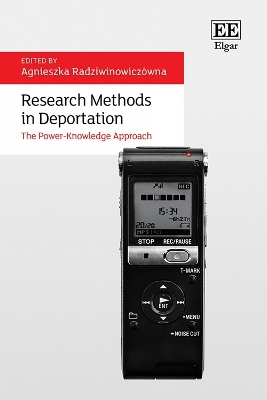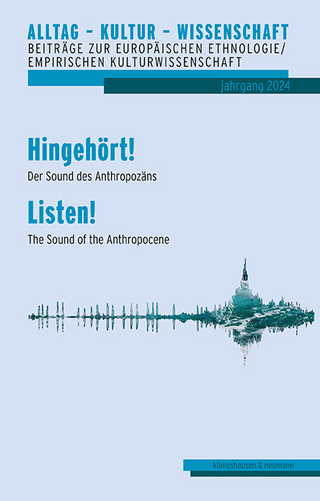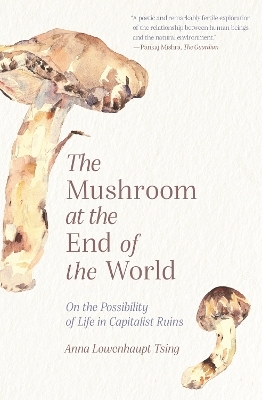
Research Methods in Deportation
Edward Elgar Publishing Ltd (Verlag)
978-1-0353-1310-5 (ISBN)
Bringing together a diverse group of eminent deportation scholars, Research Methods in Deportation makes methodological recommendations on the recruitment of research participants, the inclusion of underrepresented demographic groups, longitudinal research into deportations and co-dissemination. The proposed power-knowledge approach counters the existing positivist paradigm that seeks to extract data from research participants, instead prioritising participants’ agency and including them in knowledge co-production. Chapters cover the challenges in researching violent deportation practices and negotiating access for research post-deportation, the methodological challenges of bilingual research in prison, white privilege and the involution of deportation research.
This book will be essential reading for students, academics and researchers in migration studies, refugee studies, sociology, anthropology, and social policy. Offering concrete methodological guidance and advice, it will also be beneficial for practitioners in non-governmental organisations conducting research among potentially deportable and deported people.
Edited by Agnieszka Radziwinowiczówna, Assistant Professor, Centre of Migration Research, University of Warsaw, Poland
Contents
INTRODUCTION
1 Introduction: a power-knowledge approach 2
Agnieszka Radziwinowiczówna
PART I THE ACCESS
2 Reaching the unreachable: how to recruit those forcefully
returned due to criminal convictions? 29
Witold Klaus, Justyna Włodarczyk-Madejska and Dominik Wzorek
3 EU nationals’ criminal deportations in the UK: embracing
disempowerment as ethics and methodology 48
Nevena Nancheva
4 Negotiating access for research on post-deportation 66
Susanne U. Schultz
PART II DATA COLLECTION
5 Challenges in researching violent deportation practices
and working with street-level bureaucrats 83
Lisa Marie Borrelli
6 Feminist ethnography, deportability and gender-based
violence: accessing situated knowledge of women asylum
seekers in Spain 101
Almudena Cortés and Alessandro Forina
7 The elusive translator – reflections on the methodological
and ethical challenges of bilingual research in prison 118
Agnieszka Martynowicz
8 Managing power-knowledge imbalances in researcher–
informant relationships: methodological and ethical
considerations for longitudinal post-return research 133
Judith Altrogge
PART III DISSEMINATION OF RESEARCH RESULTS
9 The afterlife of research: reflections on co-dissemination
methods in an anti-deportation struggle 151
Shahar Shoham, Lior Birger and Tesfalem (Saimon) Fisaha
AFTERWORD
10 Afterword: white privilege and the involution of
deportation research 165
Barak Kalir
| Erscheinungsdatum | 19.03.2024 |
|---|---|
| Verlagsort | Cheltenham |
| Sprache | englisch |
| Maße | 156 x 234 mm |
| Themenwelt | Sozialwissenschaften ► Ethnologie |
| Sozialwissenschaften ► Politik / Verwaltung | |
| Sozialwissenschaften ► Soziologie | |
| ISBN-10 | 1-0353-1310-3 / 1035313103 |
| ISBN-13 | 978-1-0353-1310-5 / 9781035313105 |
| Zustand | Neuware |
| Haben Sie eine Frage zum Produkt? |
aus dem Bereich


